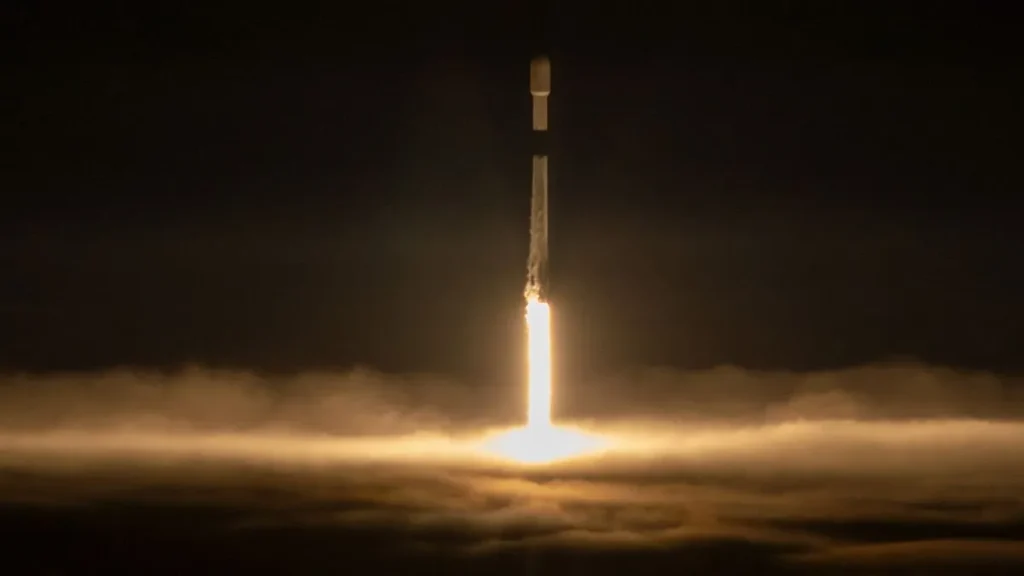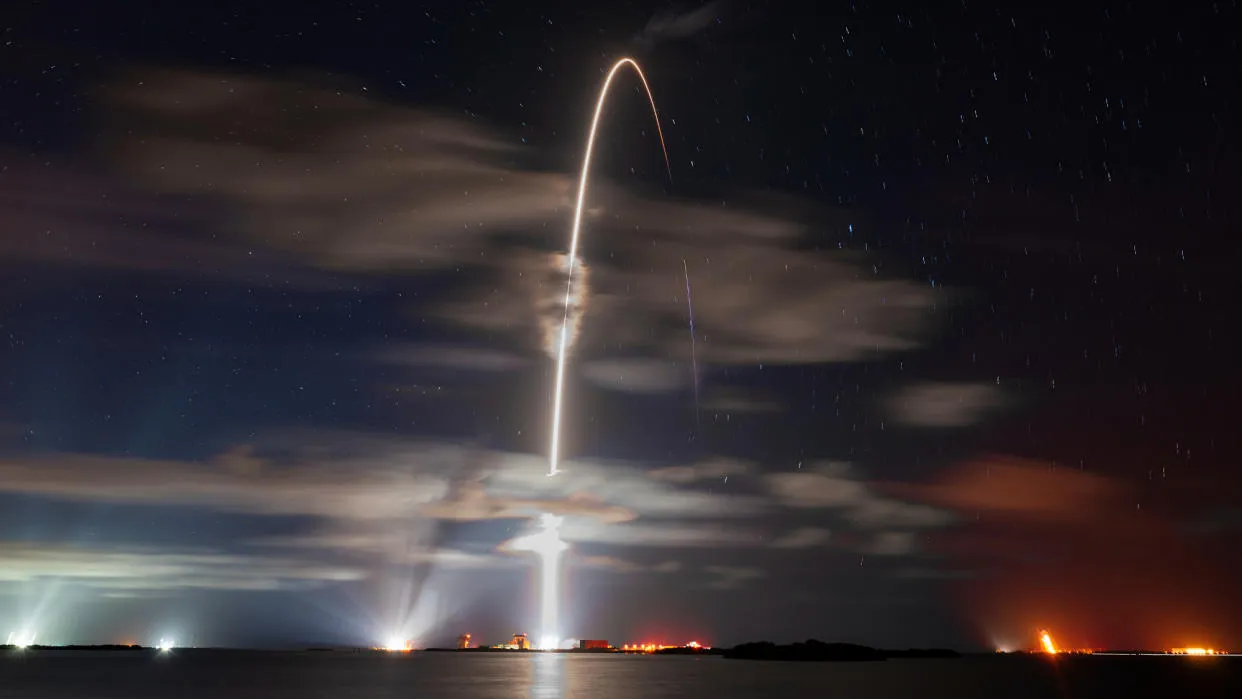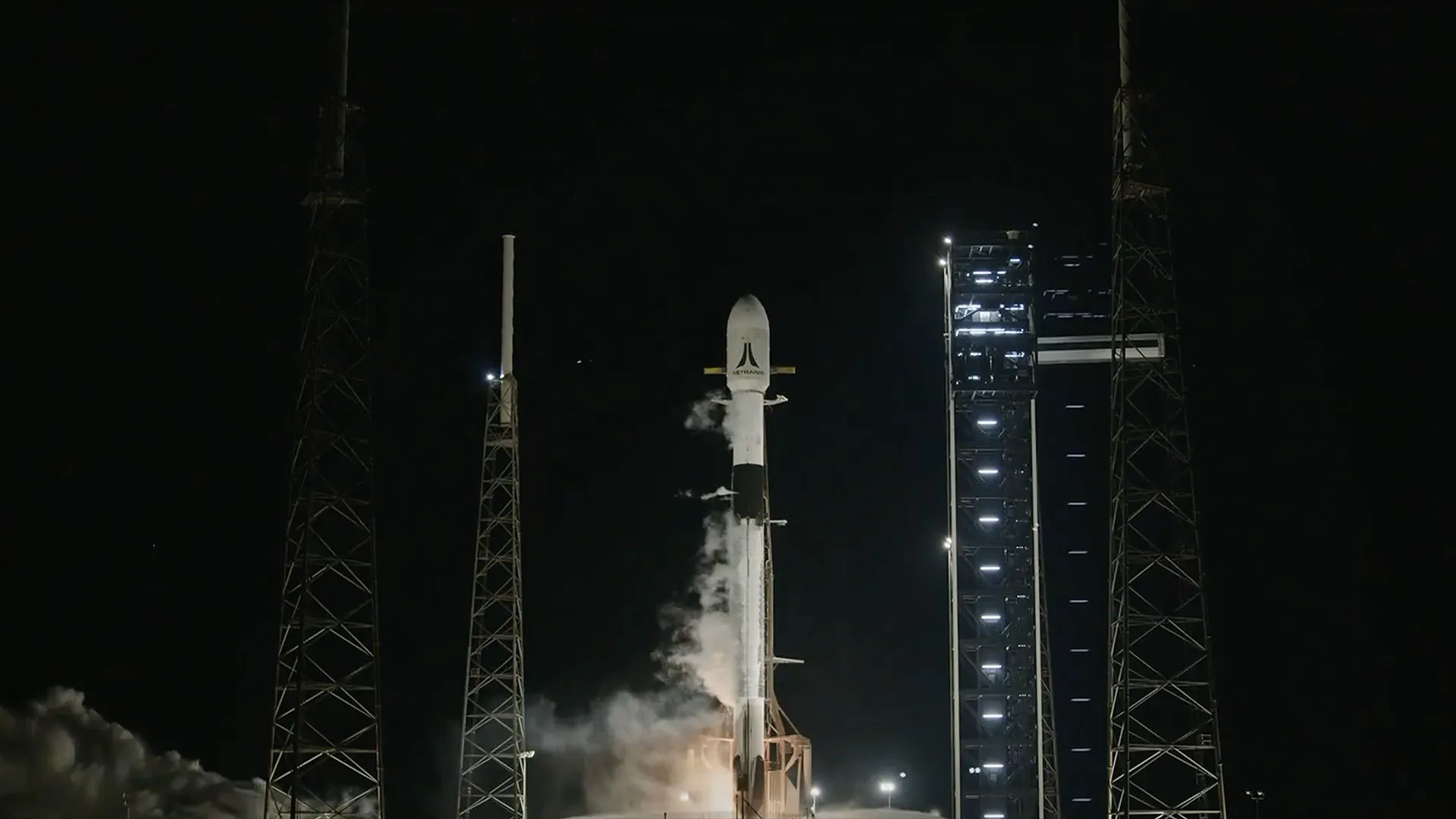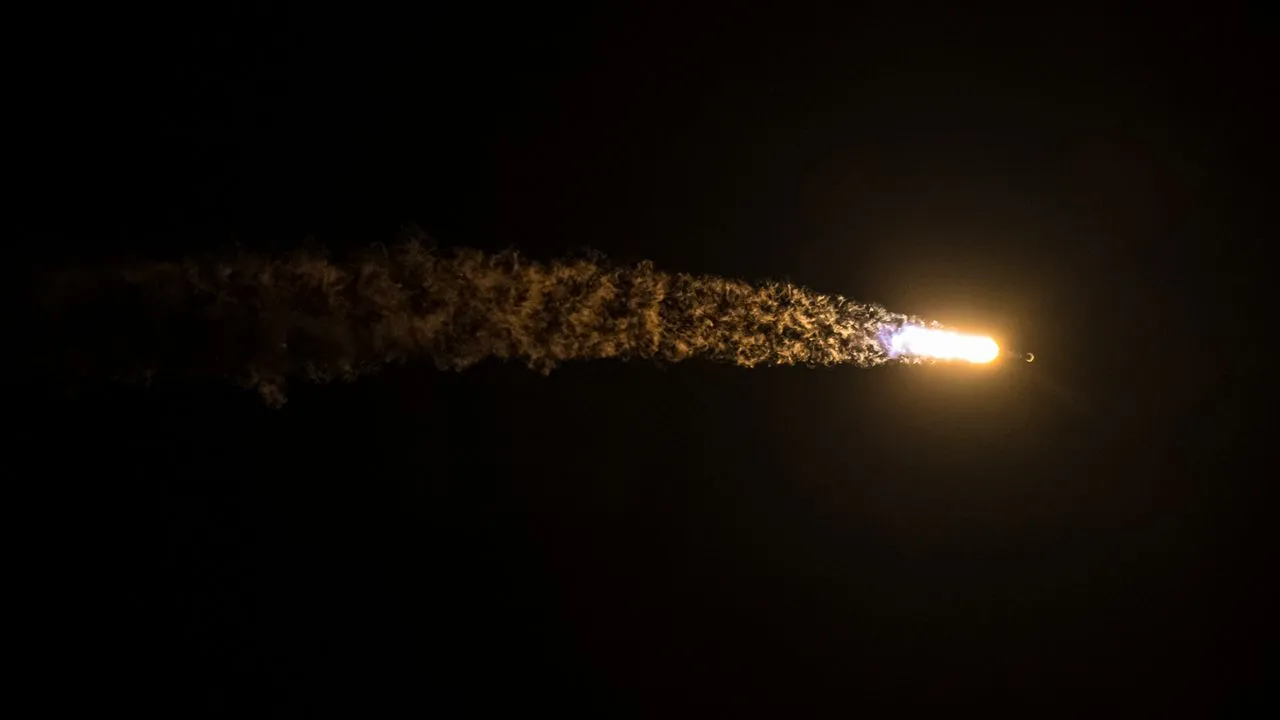
In the shadow of the night, SpaceX’s Falcon 9 rocket illuminated the skies above Cape Canaveral Space Force Station, successfully deploying a quartet of Astranis communications satellites into orbit. This event, held on the brisk early hours of December 29, 2024, was not only a display of spectacular pyrotechnics against the night sky but also a significant achievement for SpaceX and Astranis. This mission, dubbed “Astranis: From One to Many,” demonstrated resilience and precision in space logistics.

The Payload: MicroGEO Satellites
The successful launch came as a redemptive milestone after an initial hiccup on December 21, when the mission faced a last-second abort due to a booster issue just as the first stage engines roared to life. The quick response from SpaceX’s team, which involved swapping out the Falcon 9 rocket boosters, exemplified the company’s commitment to safety and reliability. Christian Keil, Vice President at Astranis, shared his relief and satisfaction on X, reflecting the high stakes and intense scrutiny surrounding the launch.
A Busy Weekend for SpaceX
The payload comprised four “MicroGEO” satellites designed and built by the San Francisco-based company Astranis. These satellites are set to enhance satellite communications for diverse global customers. Notably, two of these satellites will cater to Colorado-based Anuvu, providing in-flight connectivity solutions for planes and ships, while another, named Agila, is dedicated to serving the Philippines. The fourth satellite, UtilitySat, is designed to be a versatile communications tool serving multiple customers over its projected lifespan.

Technical Excellence and Future Prospects
This launch was part of a bustling weekend for SpaceX, which saw the company orchestrating three launches from different pads across the United States within just three days. Following the launch of 22 Starlink satellites from Vandenberg Space Force Base in California, SpaceX continued its rigorous schedule with the successful deployment of the Astranis satellites and concluded with another Starlink mission from Florida.
The Falcon 9 used in Sunday’s launch has a storied history with SpaceX, marking its seventh flight. Previously, this veteran launcher had undertaken missions including Starlink deployments, a NASA CRS-31 cargo flight, and even crewed missions such as Crew-8 and Polaris Dawn.

Approximately 35 minutes post-liftoff, the satellites were deployed into their targeted geosynchronous orbits, roughly 22,236 miles above Earth. The first stage of the Falcon 9 returned flawlessly, landing on the drone ship A Shortfall Of Gravitas in the Atlantic, underscoring SpaceX’s commitment to reusability.
